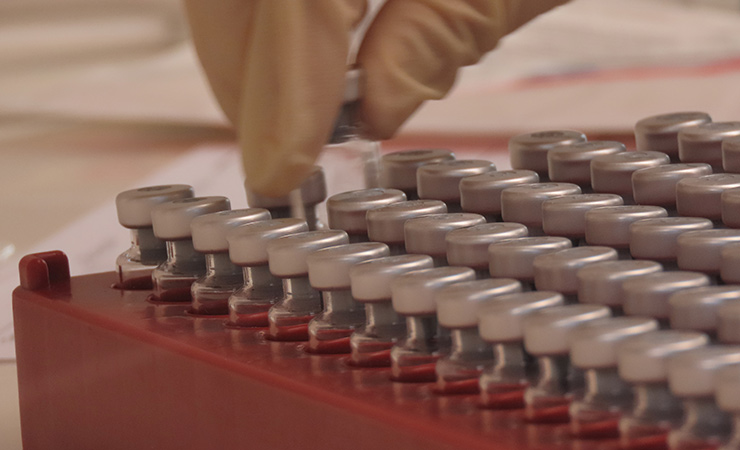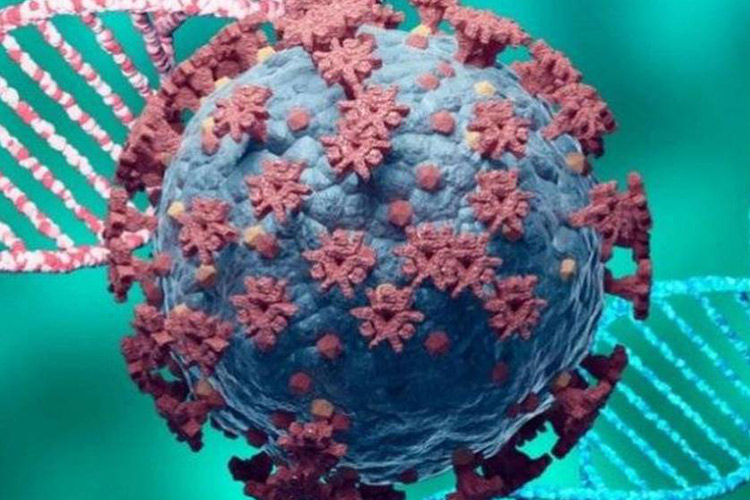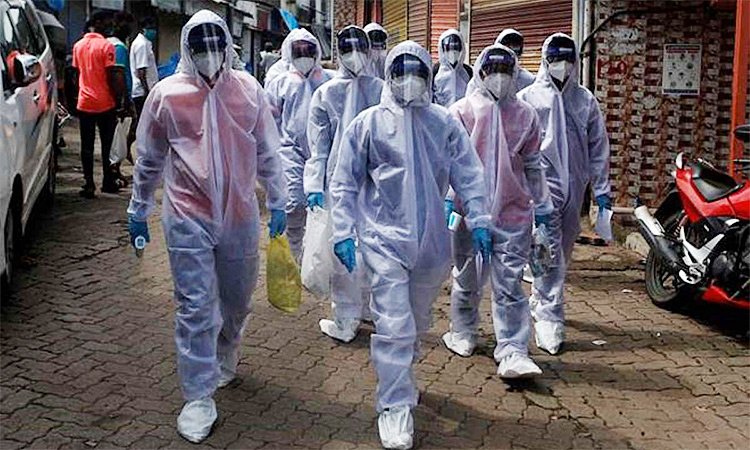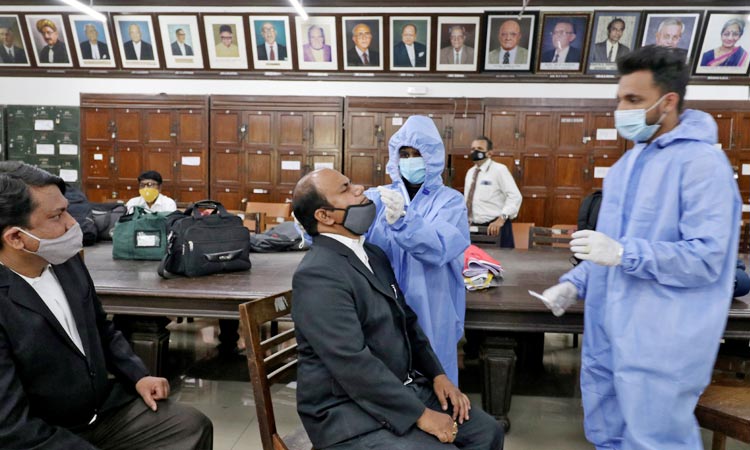New COVID variant shows value of booster shots

Representational image.
Lisa Jarvis, Tribune News Service
Preliminary data from three separate research teams suggest the latest anxiety-inducing COVID variant isn’t quite the threat many had feared. BA.2.86 — or what some armchair epidemiologists have dubbed “Pirola” — does seem capable of escaping some of our prior immunity, but we’re not left defenseless. Even better, data suggests the updated boosters, which are matched to a previous variant known as XBB, could still offer decent protection against the new edition.
That’s hugely reassuring.
But it doesn’t mean we can ignore this late-summer bump in COVID cases or skip the updated boosters. Instead, it should serve as a reminder that the virus isn’t quite done with us yet. New variants will continue to appear, and our increasingly limited tracking of the virus could make us slow to react to whatever descendant comes next. (In case you’re wondering what happened to Eris, the other recent variant, it’s still circulating but the World Health Organization has said it’s likely no worse than other variants we’ve seen.) Infectious disease experts start to sweat when a new variant emerges with lots of changes in the spike protein, the now-familiar knobby feature on the surface of the virus that allows it to pierce our cells. So despite only a few cases of BA.2.86 identified in recent weeks, the 30 or so mutations in its spike protein grabbed scientists’ attention.
Moreover, the variant suddenly showed up in wastewater samples in nearly a dozen countries, suggesting it had been quietly spreading at a time when the world is doing much less COVID monitoring. To understand the potential problem posed by a new variant, researchers need to understand three things: whether it can spread more quickly, infect people more easily, or evade our existing immunity. When all three collide, there’s a real danger of fresh waves of hospitalizations and deaths. And with little data to go on, some predicted BA.2.86 presented enough of a problem to cause another omicron-like event. Thankfully, the first studies of the variant suggest things aren’t quite that dire. A team led by Dan Barouch, director of the Center for Virology and Vaccine Research at Beth Israel Deaconess Medical Center, examined plasma samples from 66 people with a mix of exposures to vaccines and variants. Some had received the bivalent booster distributed last fall, while others hadn’t, and each group included some people who had been recently infected by XBB. The researchers made two key discoveries. The first is that everyone developed neutralising antibodies against BA.2.86, and they were not any lower — and in fact were in most cases higher — than those generated against the already-circulating variants. In other words, the new variant does not seem to be as immune evasive as many had worried. “That was somewhat unexpected and welcome news,” Barouch says. And people who were infected with XBB generated substantially higher antibodies against all circulating variants, including BA.2.86. That bodes well for the boosters matched to XBB that are expected to arrive later this month. Moderna said this week that its updated booster induced an 8.7 fold increase in antibodies against the strain, and was similarly effective against other circulating variants.







